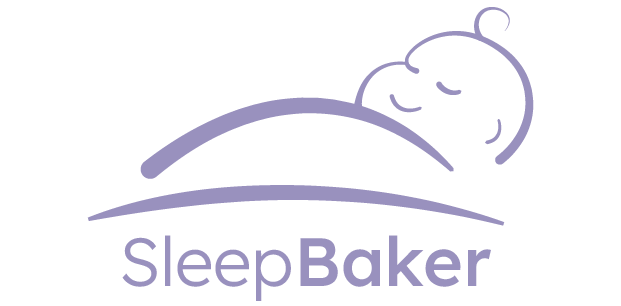
Sleep Training Through Teething and Illness
Starting sleep training is a major step towards better sleep for your little one, but what happens when teething or illness disrupts all your hard work? Here are some strategies to navigate these challenging times while maintaining your baby's sleep routine.
The Positive Side of Sleep Training Before Illness
Babies who have already been sleeping at optimal times and taking restorative naps might handle the disruptions of teething or illness better. Additionally, some illnesses can help strengthen your baby’s immune system, making them more resilient in the long run.
Managing Sleep During Teething and Illness
When your baby is experiencing discomfort from a cold, ear infection, or teething, you may be able to continue with your established sleep routines and settling techniques. However, if your baby wakes during the night due to illness or teething pain, it’s important to attend to their needs promptly to provide comfort and soothe them back to sleep. The challenge often lies in transitioning back to regular sleep routines once your baby feels better.
Safe Practices During Illness
Always consult with your doctor before giving any medication to your baby, even over-the-counter options, and ensure you follow the correct dosage instructions.
During illness, continue to adhere to safe sleep guidelines, including avoiding pillows, blankets, and other objects in the cot, except for a lovey toy for babies over 7 months.
Tips for Easing Discomfort and Promoting Sleep
- Humidifier or Cool-Mist Vaporizer: These can help clear the air and ease breathing. A popular choice is the ‘Snotty Noses Aroma Snooze’.
- Hydration: Ensure your baby stays hydrated by offering plenty of fluids.
- Nasal Aspirator: Devices like the ‘Snotty Nose Nasal Aspirator’ can help clear your baby’s nasal passages for better breathing.
- Temperature Control: Change your baby’s clothes regularly if they have a fever and consult your doctor for fever or pain management.
- Longer Nap Times: Allow your baby to sleep more during illness to aid recovery. While maintaining the same nap routine, let them sleep longer if needed.
- Later Wake-Up Time: Let your baby sleep in a bit longer to help them recover.
- Extra Comfort and Attention: Hold your baby close, use a baby carrier, or simply spend more time cuddling to provide comfort.
Returning to Regular Sleep Routines
Once your baby starts feeling better, gradually reintroduce the regular sleep routines you had in place. Remember, once healthy sleep habits are established, your baby will likely readjust quickly and resume self-settling.
Seeking Professional Help
If you're struggling to get your baby's sleep back on track after an illness, consider enlisting the help of a professional baby sleep consultant. Expert advice and tailored programs can provide the support you need to re-establish healthy sleep patterns and equip you with the tools for future challenges. Get in touch with the team here and we'd be happy to help.
Sleep is crucial for your baby’s recovery and overall health, so prioritising and managing it during times of teething and illness is essential. With patience and the right strategies, your baby will be back to sleeping soundly in no time.
Share

